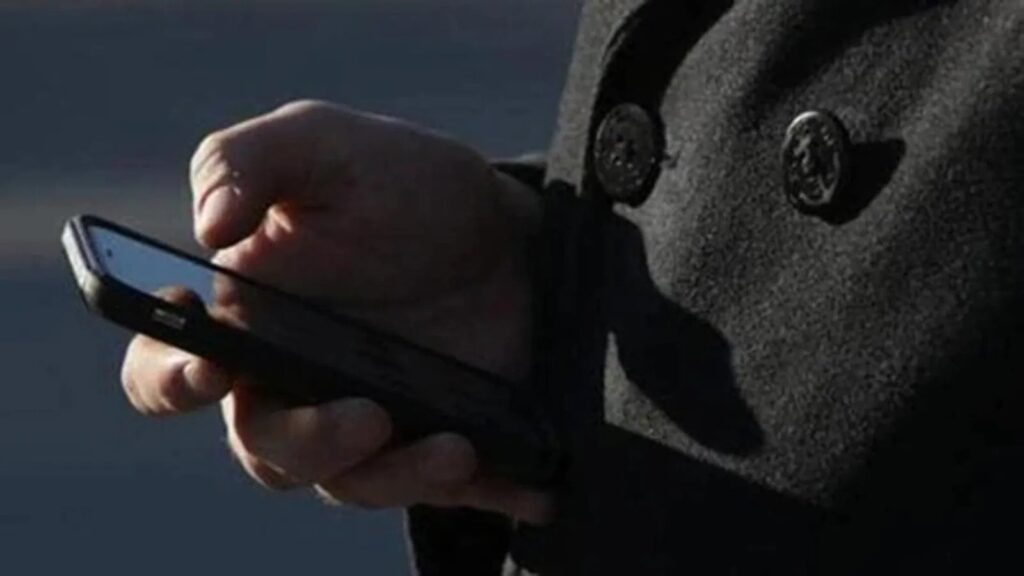
According to a source familiar with the matter, a parliamentary committee on information technology chaired by Congress MP Shashi Tharoor is expected to take up the alleged illegal surveillance of journalists, activists, and opposition leaders using Israeli military-grade spyware Pegasus on July 28.
The panel will hear from the ministry of electronics and information technology, the ministry of home affairs, and the department of telecommunications.
“GoI has denied resorting to unauthorised surveillance. The question this raises is, if #Pegasus is only sold to governments, which other govts (China/Pak?) are using it to snoop on prominent Indian citizens? Shouldn’t the authorities call for an independent investigation,” Tharoor had tweeted on July 18.
This isn’t the first time the panel has addressed the Israeli spyware issue. The panel had called these same ministries to explain their stance in 2019, after instant messaging service WhatsApp reported being vulnerable to the spyware attack. The issue required an unusual vote to take up the matter at the time, as BJP members objected to the suggestion — a casting vote by Tharoor eventually broke the tie.
The spyware’s creator, Israel’s NSO Group, has stated that it only sells the software to governments. Apart from 38 Indian journalists, former Congress chief Rahul Gandhi and two of his aides, Trinamool Congress national general secretary Abhishek Banerjee, political strategist Prashant Kishor, and former election commissioner Ashok Lavasa’s phones were also hacked, according to reports published on Monday. The number of a woman who had accused former Chief Justice of India Ranjan Gogoi of sexual harassment, as well as the numbers of 11 of her friends and family members, were also included on the list.
Public health experts Gagandeep Kang and M Hari Menon, as well as diplomats from at least five countries, were named as potential targets of Pegasus software in the investigation by a global consortium of media outlets.
High-profile government names in the list of people who were allegedly snooped on include Union information technology minister Ashwini Vaishnaw, who defended the government in Parliament hours before being named as a potential hacking target, and Jal Shakti minister of state Prahlad Singh Patel.
According to the consortium, 38 Indian journalists, including three current Hindustan Times employees and one from sister publication Mint, were among 180 journalists worldwide who could be targeted, including Financial Times editor Roula Khalaf and reporters from the Wall Street Journal, CNN, the New York Times, and Le Monde.
To be sure, as the investigation’s methodology explains, the presence of a phone number does not imply that it was hacked — only that it was of interest.
The government of India has denied any involvement. The opposition, on the other hand, has demanded that the allegations be investigated.




